Coronary Angiography
Breast cancer surgery is a common treatment option for individuals diagnosed with breast cancer. It involves the removal of cancerous tissue from the breast and, in some cases, nearby lymph nodes. The goal of breast cancer surgery is to eliminate or reduce the presence of cancer cells in the breast and improve long-term outcomes.
Who Needs Breast Cancer Surgical
Breast cancer surgery is recommended for individuals who have been diagnosed with breast cancer. The specific type of surgery will depend on factors such as the stage of the cancer, the size and location of the tumor, and individual health considerations. A healthcare professional specializing in breast cancer will determine the most appropriate surgical approach for each individual.
When to See a Specialist
It is important to see a specialist in breast cancer if you have noticed any changes in your breast, such as a lump, thickening, nipple discharge, or changes in the skin. Additionally, if you have undergone diagnostic tests and received a breast cancer diagnosis, it is essential to consult with a specialist to discuss treatment options, including surgery.
Procedure of Breast Cancer Surgical
Consultation and Evaluation: The process begins with a consultation with a breast cancer specialist who will evaluate your medical history, perform a physical examination, and review diagnostic test results.
Pre-operative Preparation: Before surgery, you may undergo additional imaging tests, blood work, or other necessary evaluations. Your healthcare team will provide instructions regarding any dietary restrictions or medication adjustments.
Anesthesia: On the day of surgery, anesthesia will be administered to ensure your comfort and safety throughout the procedure. The type of anesthesia used will be determined based on the specific surgical approach and individual factors.
Surgical Techniques: There are various surgical techniques for breast cancer, including lumpectomy (removal of the tumor and a small portion of surrounding tissue) and mastectomy (removal of the entire breast). In some cases, lymph nodes may also be removed to determine if the cancer has spread.
Reconstruction: After the removal of breast tissue, reconstruction may be performed immediately or at a later stage. This involves reshaping the breast to restore a natural appearance.
Road to Recovery
Recovery from breast cancer surgery varies for each individual. It may involve a hospital stay or outpatient recovery, depending on the extent of the surgery. Your healthcare team will provide specific post-operative instructions, including wound care, pain management, and any necessary physical or occupational therapy.
Risk Management
Breast cancer surgery carries certain risks, including bleeding, infection, pain, scarring, and potential complications related to anesthesia. Your healthcare team will take necessary precautions to minimize these risks and monitor your progress closely.
Benefits of Breast Cancer Surgical
The primary benefits of breast cancer surgery include the removal of cancerous tissue, reducing the risk of cancer recurrence, and improving long-term outcomes. Surgery plays a crucial role in the comprehensive treatment of breast cancer and can be combined with other treatment modalities, such as radiation therapy, chemotherapy, or targeted therapy.
Frequently Asked Questions
Will I lose my breast(s) completely?
The extent of breast tissue removal will depend on the specific surgical approach and individual factors. In some cases, a lumpectomy preserves most of the breast tissue, while a mastectomy involves the complete removal of the breast. Reconstruction options can be discussed with your healthcare team.
How long does the recovery period typically last?
The recovery period after breast cancer surgery varies depending on the surgical approach and individual factors. It may range from a few weeks to several months. Your healthcare team will provide guidance and support throughout the recovery process.
Will I need additional treatments after surgery?
Depending on the characteristics of the cancer and the stage of the disease, additional treatments such as radiation therapy, chemotherapy, or targeted therapy may be recommended to reduce the risk of recurrence. Your healthcare team will develop a comprehensive treatment plan tailored to your specific needs.
Are there any long-term effects of breast cancer surgery?
Some individuals may experience long-term effects of breast cancer surgery, such as changes in breast sensation, scarring, or lymphedema (swelling in the arm). Your healthcare team will provide guidance on managing these effects and offer support services to help improve your quality of life.
Will I be able to breastfeed after breast cancer surgery?
The ability to breastfeed after breast cancer surgery will depend on the extent of the surgery and individual factors. It is important to discuss your desire to breastfeed with your healthcare team, who can provide guidance based on your specific situation.
Treatment Plans
- Trauma & intensive care $59
- Aged Care $29
- Community Services $25
- Diagnosis & Investigation $48
- Medical & Surgical $82
- Mental Health $74
- Rehabitation $24
- Specialised Support Service $19
- Trauma & intensive care $59
- Aged Care $29
- Community Services $25
- Diagnosis & Investigation $48
- Medical & Surgical $82
- Mental Health $74
- Rehabitation $24
- Specialised Support Service $19
Treatians As The Best Choice
Treatians understand that seeking medical treatment abroad can be a daunting experience for patients and their families. That’s why the company offers end-to-end support to its clients, from the initial consultation to post-treatment care. The company provides personalized treatment plans that are tailored to meet the individual needs of each patient, and its team of dedicated professionals is always on hand to provide guidance and support throughout the entire process. Contact us at +91-9560960088, drop your email support@treatians.com
- Trauma & intensive care
- Aged Care
- Community Services
- Diagnosis & Investigation
- Medical & Surgical
- Mental Health
- Rehabitation
- Specialised Support Service
Doctors
Service Recipient Says

Oxmox advised her not to do so, because there were thousands of bad Commas, wild Question Marks and devious.
Kolis Muller NY Citizen
Oxmox advised her not to do so, because there were thousands of bad Commas, wild Question Marks and devious.
Kolis Muller NY Citizen







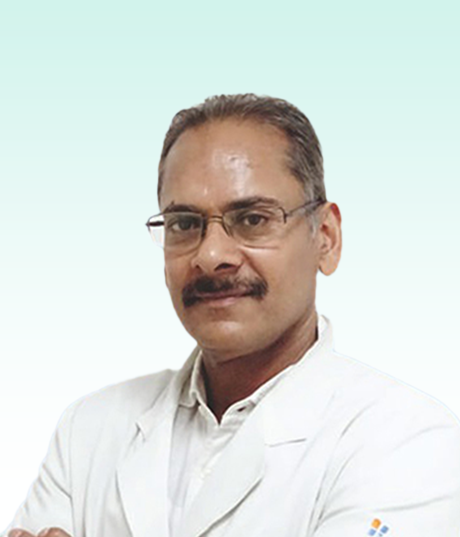


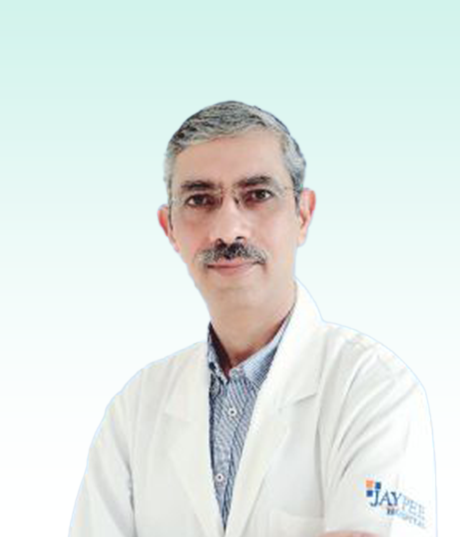
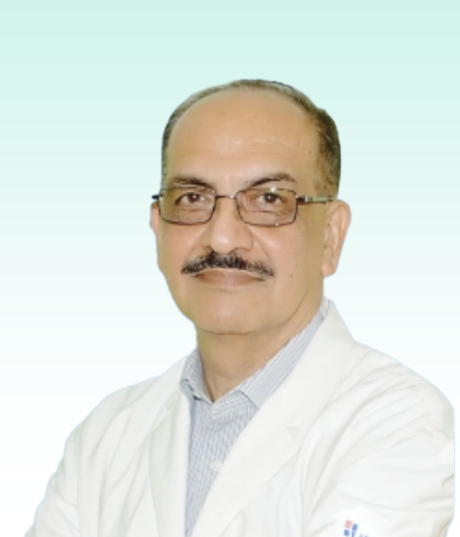




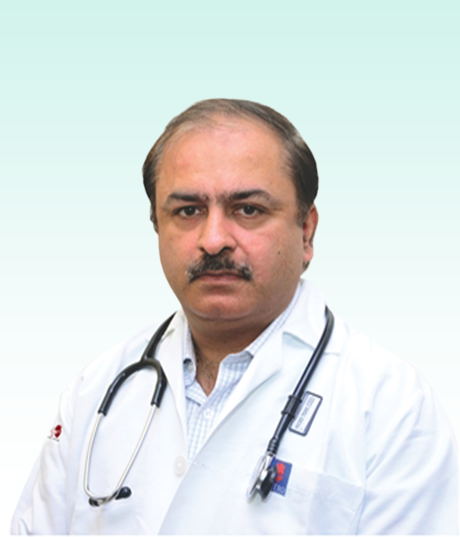
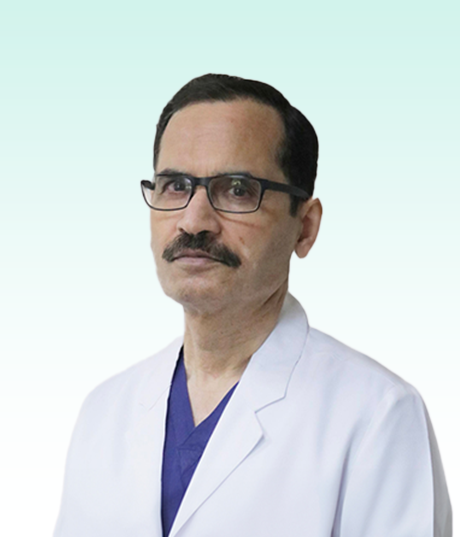
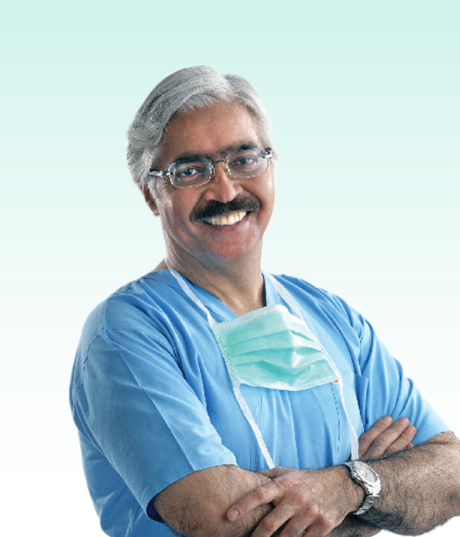






Oxmox advised her not to do so, because there were thousands of bad Commas, wild Question Marks and devious.
Kolis Muller NY Citizen